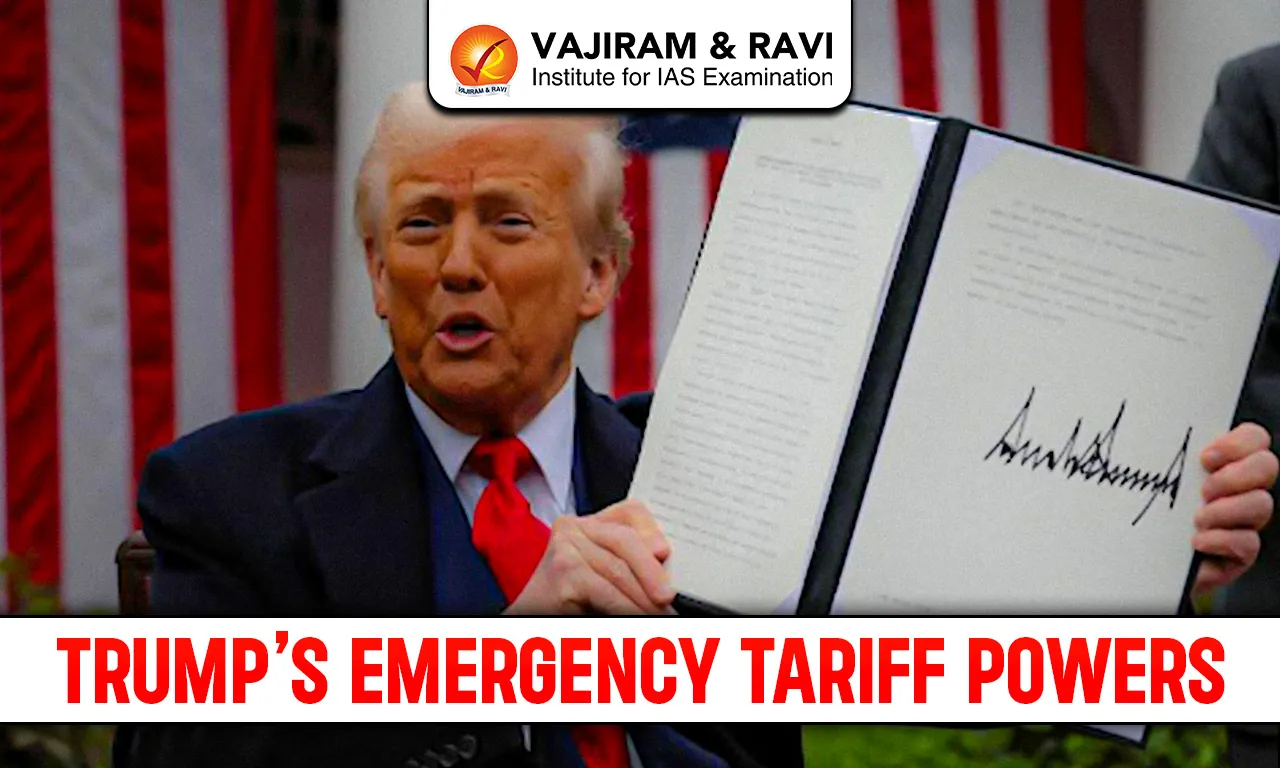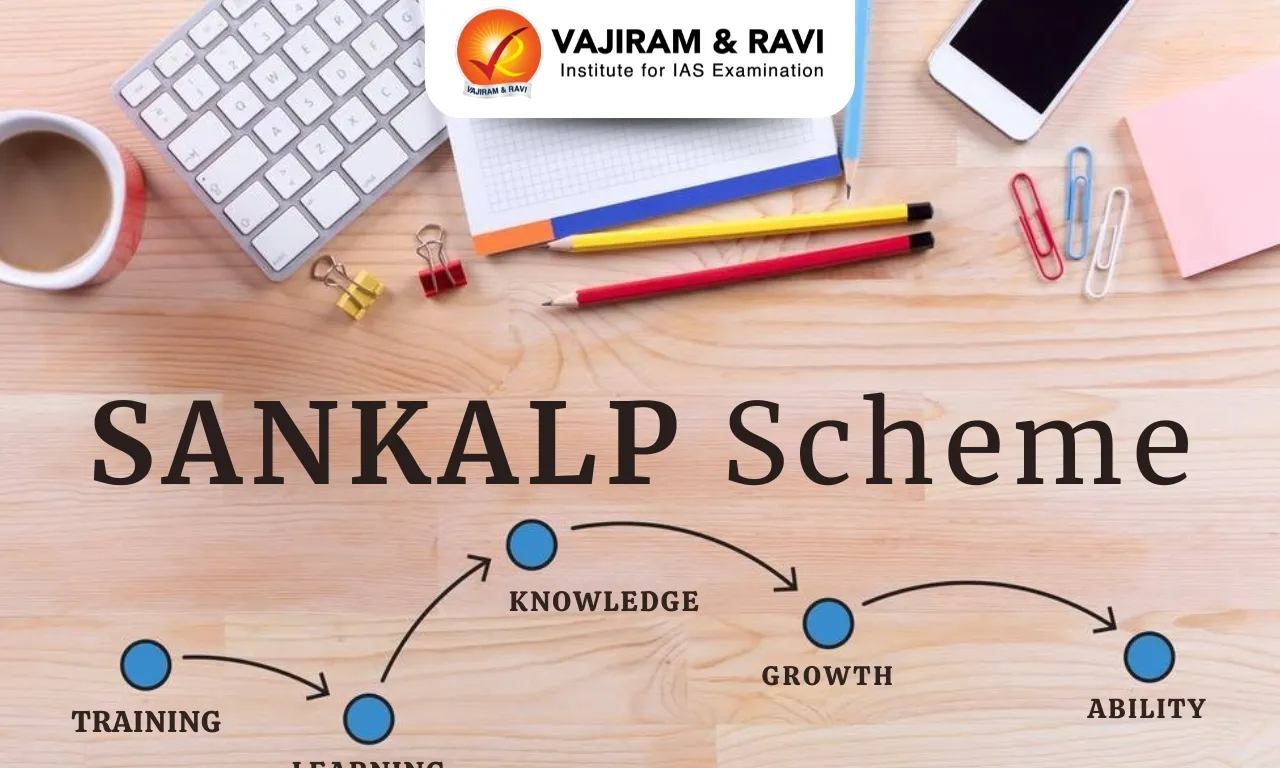What’s in today’s article?
- About share buyback
- News Summary
Why in News?
- The Securities and Exchange Board of India (SEBI) has amended the share buyback regulations and announced a gradual phase out of stock exchange buybacks.
- The regulator favours the repurchase of shares by companies from shareholders on a proportionate basis through the tender offer because that is considered more equitable, transparent, and fair.
Image Caption: Reasons for share buybacks
What is a share buyback?
- When a listed company buys its own shares from the existing shareholders, it is known as a share buyback, which is also called share repurchase.
- Currently, a company can buy back its shares from shareholders on a proportionate basis through a tender offer, or from the open market.
- The maximum limit of any buyback is 25% or less of the aggregate of paid-up capital and free reserves of a company.
- The process reduces the number of outstanding shares in the open market over a period which can lead to better valuation and earnings per share (EPS).
The stock exchange route for share buybacks:
- Under this, a company can buy back shares only on the stock exchanges having nationwide trading terminals.
- The buyback of shares is made only through the order-matching mechanism – the promoters, or persons in control of a company are not allowed to participate.
- For example, Paytm recently decided to opt for the open market route through the stock exchanges, while TCS used the tender route, Infosys opted for the stock exchange method for its recent buyback.
Why is SEBI against the exchange route?
- According to the Keki Mistry committee’s recommendations, using the stock market route may result in one shareholder’s entire trade being matched with the company’s purchase order, depriving other shareholders of the advantage of the repurchase.
- According to the SEBI, the tender route is the more equitable route for buybacks, while the other routes are vulnerable to favouritism.
- This is because nobody really knows when the company will arrive in order to buy back shares in the exchange mechanism, and only a few people may be aware of it, and benefits may flow to those few people.
- As recommended by the committee, SEBI will phase out buyback through the stock exchange route with effect from April 1, 2025.
- The aim of this move is to make the buyback process more robust, efficient, transparent and shareholder-friendly, as it will give all the shareholders an opportunity to participate.
News Summary:
- Buyback via tender offer:
- A tender offer means an offer by a company to buy back its own shares or other specified securities through a letter of offer (fixed-price buyback offer) from the holders of the shares or other specified securities of the company.
- The buyback is done on a proportionate basis as per the buyback ratio, and the additional shares tendered over and above the prescribed buyback ratio get accepted if there are any unaccepted shares.
- Changes made in the tender system:
- SEBI has reduced the timeline for completion of the buyback through a tender offer by 18 days, by removing the requirement of filing a draft letter of offer with it.
- It also permitted an upward revision of the buyback price until one working day prior to the record date.
- Significance:
- Tender offers require a reservation for small shareholders.
- Thus, all shareholders would now be provided with an opportunity to participate in the buyback.
- In a way it democratises the process and creates a fair and equitable platform.
Q1) What does the SEBI do?
SEBI aims to protect the interests of investors in securities and to promote the development of, and to regulate the securities market and for matters connected therewith or incidental thereto.
Q2) Is SEBI a quasi-judicial body?
Yes. SEBI exercises the powers enshrined within the SEBI Act, 1992 and performs the triple functions as a quasi-legislative, quasi-judicial and quasi-executive body.
Source: SEBI board approves gradual phasing out of buy-backs through stock exchanges route
Last updated on February, 2026
→ UPSC Notification 2026 is now out on the official website at upsconline.nic.in.
→ UPSC IFoS Notification 2026 is now out on the official website at upsconline.nic.in.
→ UPSC Calendar 2026 has been released.
→ UPSC Final Result 2025 is expected to be released in the second week of April 2026.
→ Check out the latest UPSC Syllabus 2026 here.
→ Join Vajiram & Ravi’s Interview Guidance Programme for expert help to crack your final UPSC stage.
→ UPSC Mains Result 2025 is now out.
→ UPSC Prelims 2026 will be conducted on 24th May, 2026 & UPSC Mains 2026 will be conducted on 21st August 2026.
→ The UPSC Selection Process is of 3 stages-Prelims, Mains and Interview.
→ Prepare effectively with Vajiram & Ravi’s UPSC Prelims Test Series 2026 featuring full-length mock tests, detailed solutions, and performance analysis.
→ Enroll in Vajiram & Ravi’s UPSC Mains Test Series 2026 for structured answer writing practice, expert evaluation, and exam-oriented feedback.
→ Join Vajiram & Ravi’s Best UPSC Mentorship Program for personalized guidance, strategy planning, and one-to-one support from experienced mentors.
→ Check UPSC Marksheet 2024 Here.
→ UPSC Toppers List 2024 is released now. Shakti Dubey is UPSC AIR 1 2024 Topper.
→ Also check Best UPSC Coaching in India




















